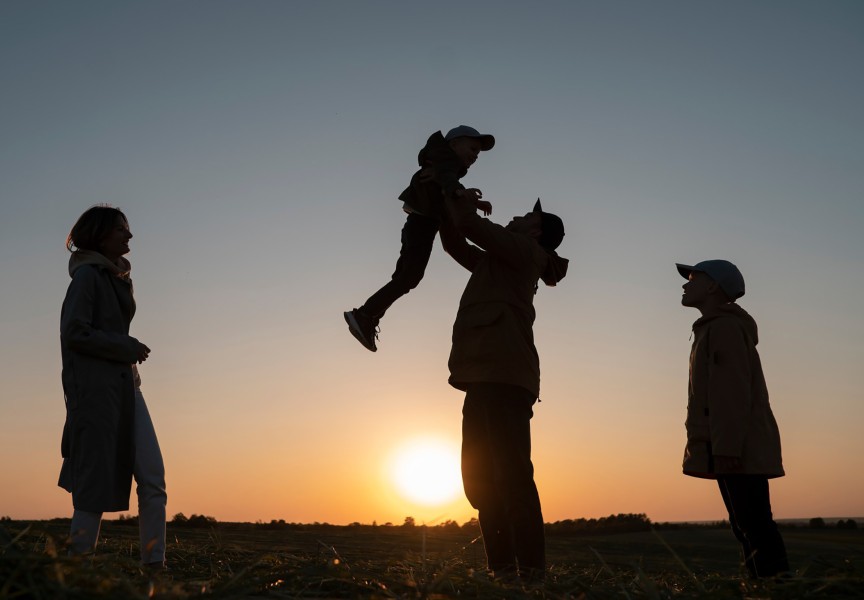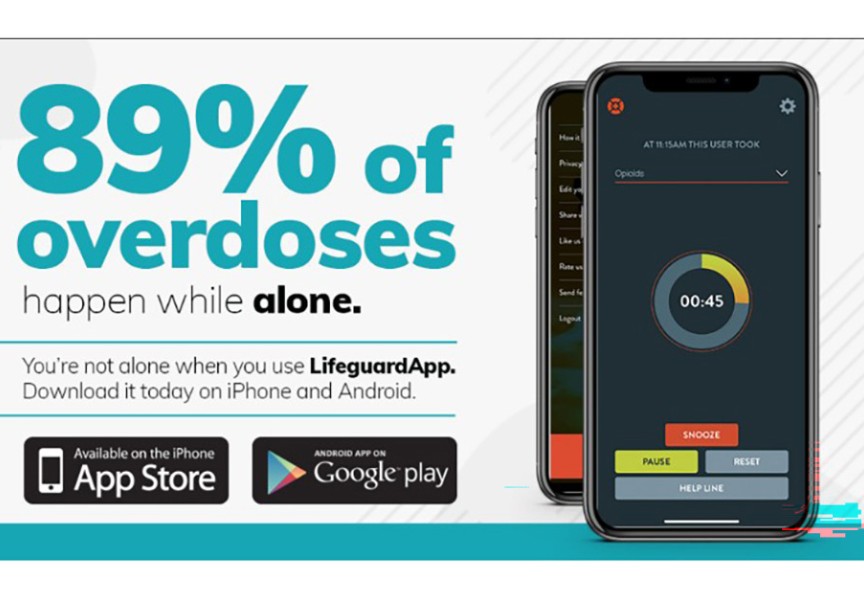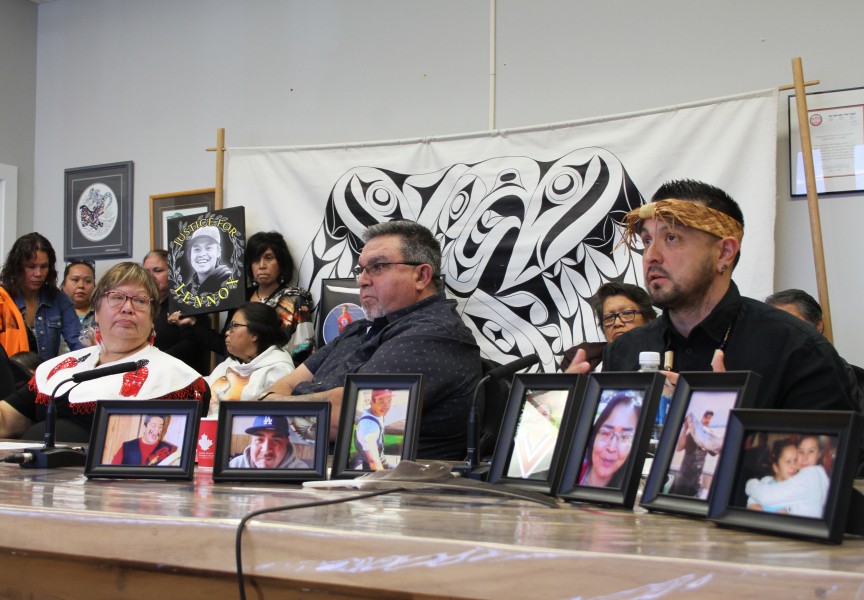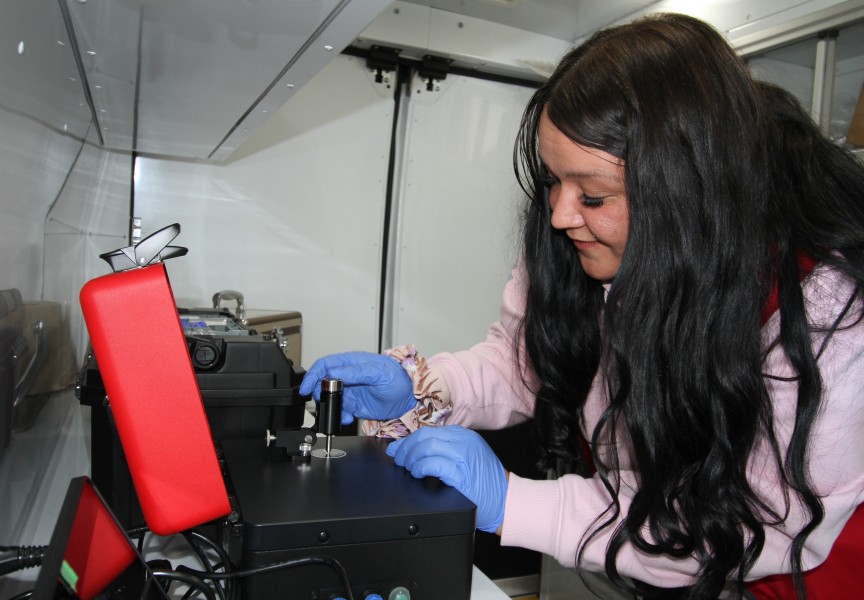Regulators have responded to calls for cracking down on bootlegging that continues to flood Ahousaht with hard liquor by placing purchase limits on Tofino’s government-owned liquor store.
On Nov. 5 at the start of a Council of Ha’wiih Forum on Fisheries meeting, Hasheukumiss, Ahousaht Tyee Ha’wilth Richard George, announced new limits to Tofino’s busy BC Liquor store. Through a video link fed to the gathering, which was hosted by the Mowachaht/Muchalaht First Nation in Tsaxana, Hasheukumiss noted that the limits resulted from meetings the hereditary chief and some elders held with Attorney General Mike Farnworth in April, followed by recent discussion with Deputy Solicitor General Doug Scott.
“And he’s saying that now that they’ve changed the law with the liquor stores, with the sales of spirits, they’re going after the privately run stores now too as well,” said Hasheukumiss. “They know the detrimental effects that this alcohol is causing remote communities, Indigenous and non-Indigenous.”
In an email to Ha-Shilth-Sa, the Ministry of Public Safety and Solicitor General stated that, as of Nov. 5, customers at the BC Liquor store in Tofino can only buy up to four bottles of hard liquor at a time if the alcohol is sold in plastic containers.
“It has come to our attention that there has been an increase in alcohol misuse and illegal resale leading to associated crime and public harm with spirits packaged in plastic bottles that are available for sale at the BCLIQUOR (BCL) store in Tofino,” stated the ministry. “This limit is only for product purchased off BCL store shelves. It does not extend to hospitality orders submitted for LDB wholesale distributed products. It also does not extend to Special Event Permit (SEP) orders.”
“In addition to actively promoting responsible consumption, we are taking steps in the Tofino BCL to increase education to customers about the harms associated with the illegal resale of alcohol,” added the ministry.
Sometimes locally known as ‘Red Cap’, the limit is the latest effort to slow the flood of vodka into Ahousaht. Often sold at a large mark up, the hard liquor has long been the trade of choice for bootleggers operating in the Ahousaht village of Maaqtusiis on Flores Island, north of Tofino.
“We have bootlegging going on in my nation and there’s cases by cases every Friday coming in, sometimes three or four from certain individuals,” said Hasheukumiss when announcing the new purchase limit. “This is a major win for us. It’s not going to solve our situation at home, but it’s going to definitely slow it down to be more manageable.”
It remains to be seen how much the limit will affect what many in the community see as an epidemic of alcoholism and binge-drinking, an issue that is often focused among a small handful of houses in the village of approximately 1,000 residents.
“We’ve lost young people,” said Wickaninnish, Cliff Atleo, an Ahousaht member who serves as chair of the Council of Ha’wiih. “We have a cemetery in Ahousaht that’s almost full, mostly young people.”
The Labour Day weekend was particularly traumatic for the community, when two sudden losses occurred within hours. Among the tragedies was the fatal stabbing of 20-year-old Lennox Williams. The incident resulted in a second-degree murder charge, although a publication ban remains in place for the identity of the accused.
Ahousaht declared a state of emergency after the tragic weekend, with a 9 p.m. curfew as well as counselling and cultural supports coming into Maaqtusiis in the days that followed.
In April Tom Paul’s niece was severely beaten and “left for dead” on the streets of Maaqtusiis. He believes that this incident should have been a warning that prevented the death of Lennox Williams on Aug. 31.
“We’re concerned about the well being of our community, the safety of our community, the addictions, the beatings, the violence, the rapes,” said Paul in an interview with Ha-Shilth-Sa in September. “It’s going to lead up to death and now it’s happened.”
Over 20 years ago a bylaw was passed prohibiting alcohol being brought onto the reserve community, but enforcement proved to be a challenge, and binge drinking persisted. Most recently a prohibition was enacted during the first year of the COVID-19 pandemic, and security could be found at Ahousaht’s main dock confiscating liquor. However, some smuggling continued, as vessels brought alcohol to other locations near Maaqtusiis.







